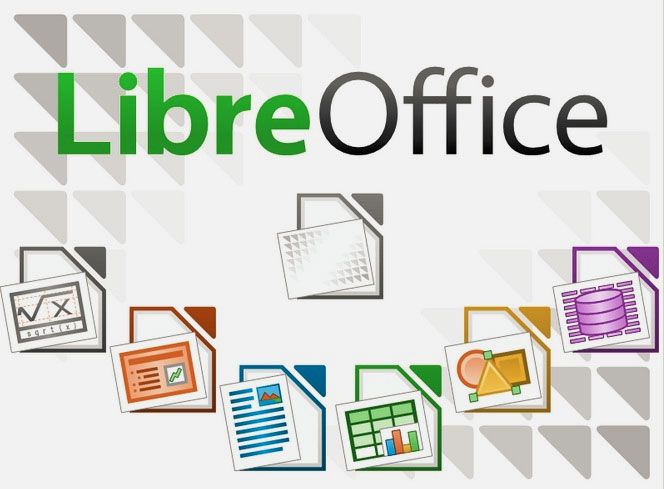LibreOffice: The Power of Open-Source in Office Productivity
When we think about office productivity suites, a few big names often come to mind. However, there's one that truly stands out in terms of its commitment to accessibility, versatility, and community-driven development – and that's LibreOffice.


When we think about office productivity suites, a few big names often come to mind. However, there's one that truly stands out in terms of its commitment to accessibility, versatility, and community-driven development – and that's LibreOffice. Highlighting its open-source nature, LibreOffice not only promises a high-quality user experience but also embodies the ethos of shared knowledge and communal growth. In this blog, we'll delve deeper into LibreOffice and shed light on the critical importance of its open-source foundation.
What is LibreOffice?
LibreOffice is a powerful, free, and open-source office suite that provides tools similar to those in other popular office software. It includes:
- Writer: A word processor.
- Calc: A spreadsheet program.
- Impress: A presentation tool.
- Draw: A vector graphics editor.
- Base: A database management program.
- Math: A formula editor.
The Open-Source Aspect: Why It Matters
Open-source software is developed in a collaborative public manner. Its source code is released under licenses that allow anyone to inspect, modify, or distribute the software. Here’s why this matters for LibreOffice:
- Accessibility and Affordability: Being open-source means that LibreOffice is free. Not just in terms of cost, but also in terms of liberty. Users aren’t just passive consumers; they have the freedom to alter and share the software.
- Continuous Improvement: With a global community of developers, designers, and enthusiasts behind it, LibreOffice is always growing and improving. The open-source model facilitates a continuous influx of fresh perspectives, leading to rapid bug fixes, new features, and improved functionality.
- Transparency and Trust: With proprietary software, users have to trust the developer not to include harmful elements. In contrast, the transparency of open-source software like LibreOffice means anyone can inspect its code, which helps in identifying vulnerabilities and ensuring the software is secure.
- Customization: Businesses and individuals can tailor LibreOffice to their specific needs. This isn’t just about changing the interface or adding plugins. The very core of the software can be modified.
- Community and Support: The LibreOffice community is vast and active. This ensures a robust support system, be it in terms of forums, tutorials, or direct assistance.
The Road Less Traveled: LibreOffice's Journey
Originating from OpenOffice.org, LibreOffice came into existence in 2010 when it was forked by The Document Foundation. The foundation aimed to ensure the project's longevity by keeping it independent of any one company's commercial interests.
The LibreOffice project’s open-source nature has empowered it to grow in multiple directions, with contributions from individual developers, allied companies, and even competitors.
What Does the Future Hold?
The ethos of open-source is embedded in LibreOffice's DNA. As the digital landscape evolves, we can expect LibreOffice to:
- Embrace Cloud Integration: With more businesses shifting to cloud platforms, LibreOffice's cloud-based versions will likely get more attention.
- Enhance Mobile Accessibility: As mobile devices become primary computing tools, LibreOffice will continue to adapt its mobile versions.
- Engage More Developers: As its community grows, so will its developer base, leading to quicker iterations and improved features.
In Conclusion
LibreOffice stands as a testament to what community-driven efforts can achieve. It exemplifies how open-source isn't just a development model but a philosophy that prioritizes users and their freedoms.
For anyone looking to break away from proprietary chains, seeking a customizable, transparent, and free office suite, LibreOffice emerges as an unparalleled choice. Its open-source nature ensures that it isn’t just software we use but software we can trust, modify, and improve. That's the true power of open-source and the promise of LibreOffice.
About the author
Joff Tiquez, hailing from Manila, Philippines, is the individual behind the establishment of OSSPH. He is a web developer who strongly supports open source and has been overseeing projects like Vue Stripe for an extended period. To get in touch with Joff, you can visit https://bento.me/jofftiquez.

